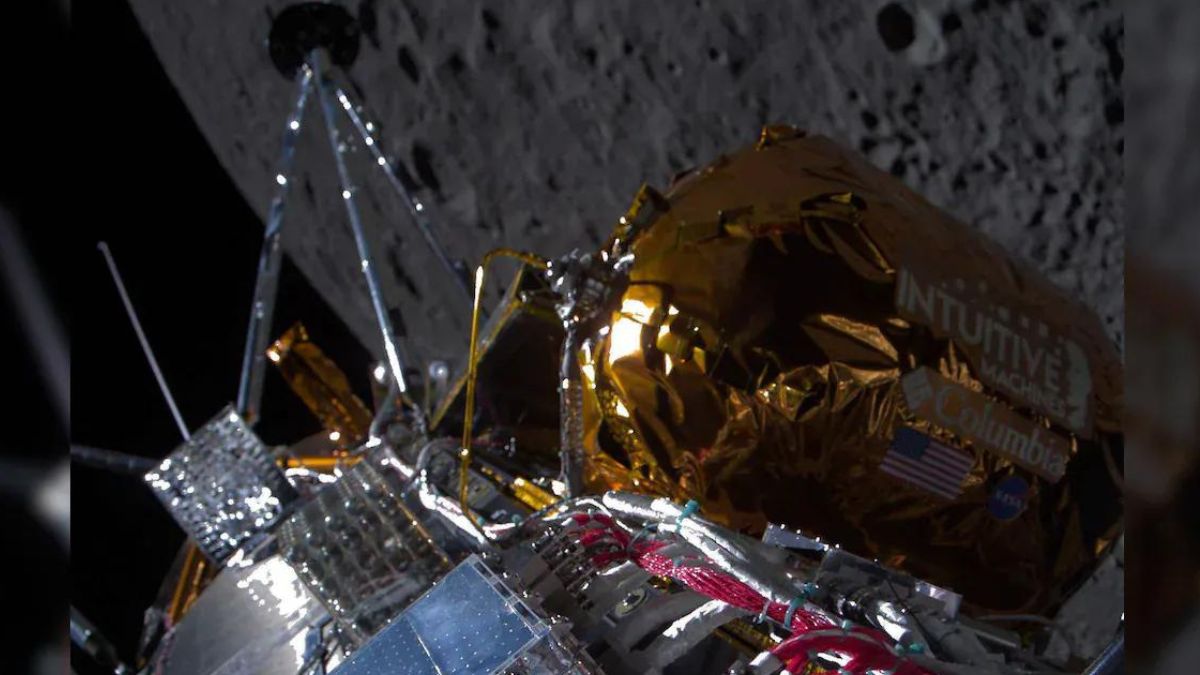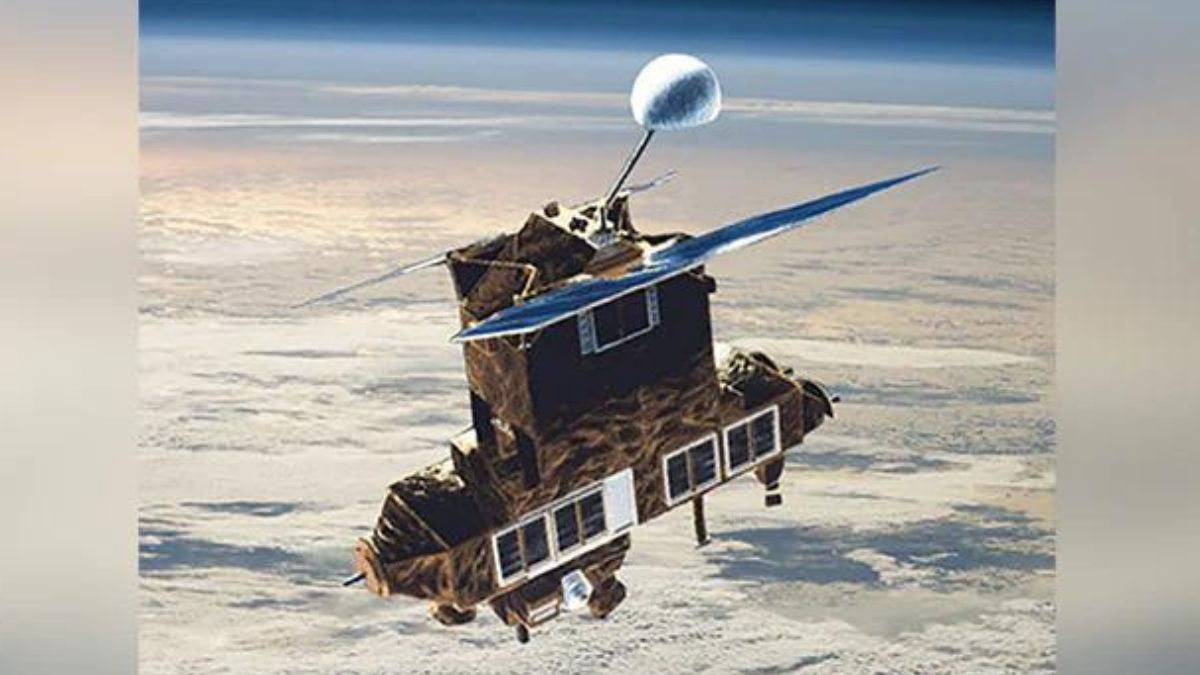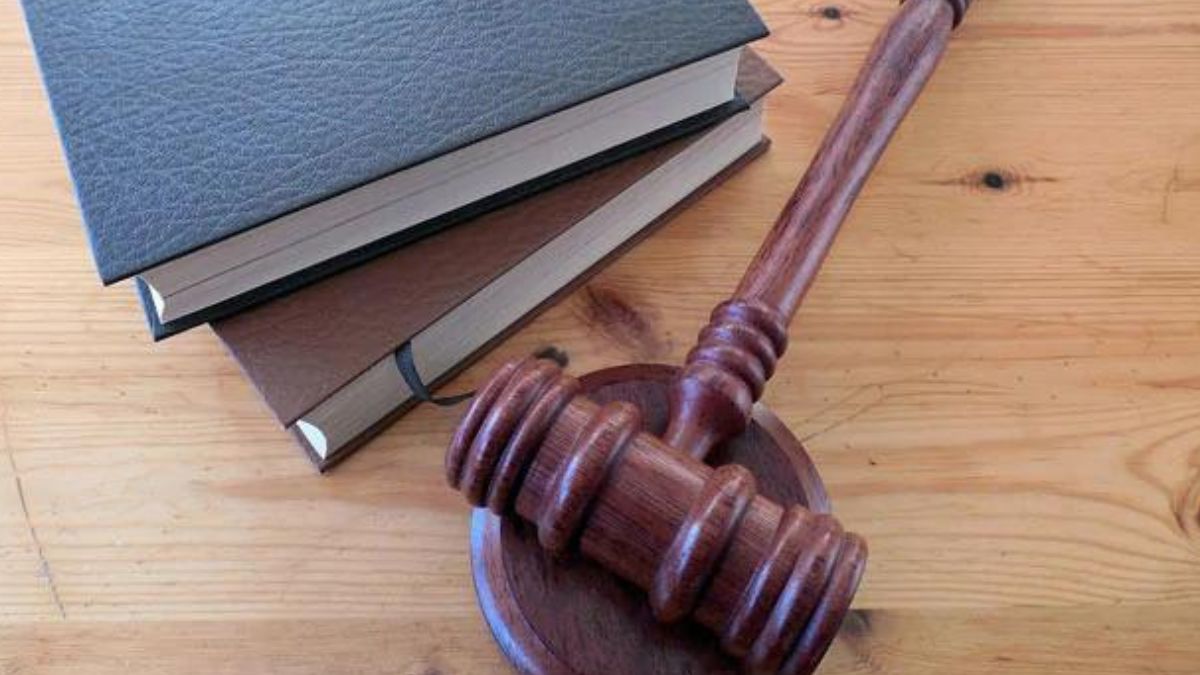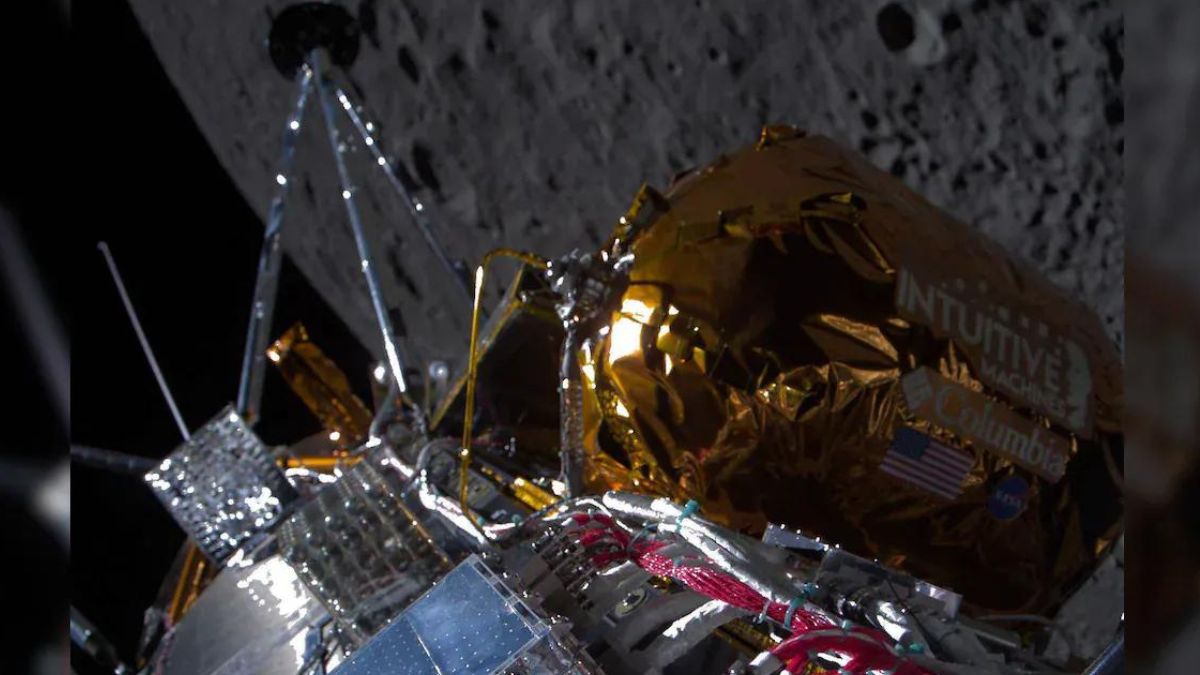Washington: Just in time for the holidays, a low-profile presidential aide invited long-suffering Judy Gross into his White House office to personally give her the gift she’d been hoping for the past five years. Her husband, aid contractor Alan Gross, was being released from a Cuban prison and coming home.
The meeting was the culmination of two years of quiet negotiations with Cuban officials. The man who helped handle those negotiations for President Barack Obama was Ricardo Zuniga, an American diplomat born in Honduras to a prominent political family.
The dealings involved much more than just Gross’ release from a 15-year sentence for subversion, but the re-establishment of diplomatic ties between the United States and Cuba after a half-century of Cold War hostility. Obama tasked two aides with the challenge — Ben Rhodes, his long-running foreign policy adviser, and Zuniga, a foreign service officer newly detailed to the White House’s National Security Council as senior director for Western Hemisphere Affairs.
Dan Restrepo, who previously held Zuniga’s job, said he recommended the Cuba expert to replace him in part because he knew that relations with the country could be an important part of Obama’s second-term agenda. Zuniga was serving at the US Embassy in Brazil at the time, but previously had worked at the US Interests Section in Havana and led the State Department’s Office of Cuban Affairs.
“There’s nobody in government who better knew the mechanics, the policies and politics of Cuba,” Restrepo said. “That’s a very complex set of interactions and laws. And how they interact and what is movable and not movable is not easy to figure out.”
Another important skill that Zuniga brought to the Cuba negotiations was his fluent Spanish. He was born 44 years ago in the Honduran capital of Tegucigalpa, the grandson of Ricardo Zuniga Augustinus, a conservative who ran unsuccessfully for president in 1981 and supported the military dictatorship of Oswaldo Lopez. He moved to the United States with his American mother as a boy and got a degree in foreign affairs and Latin American studies from the University of Virginia.
Restrepo said Zuniga is a no-nonsense professional and, although they had talked about his Honduran roots in passing, he never mentioned his grandfather or any personal or family politics.
“That’s a testament to his professionalism that I don’t know what his politics are, having worked very closely with him,” Restrepo said in a telephone interview.
Restrepo said Zuniga had another important qualification for an issue that needed to be handled in utmost secrecy — discretion.
“He’s not an attention-seeking kind of person,” said Restrepo, now a senior fellow at the Center for American Progress. “Cuba policy development has often been notable for how quickly it ends up in the newspaper. That’s not something that Ricardo traffics in.”
Word of the Cuba negotiations did not leak over nearly two years of talks with Cuban officials, in Canada and at the Vatican at Pope Francis’ invitation, with Rhodes and Zuniga personally keeping Obama updated. Beyond the negotiations with the small island country, Zuniga had a whole hemisphere of concerns to worry about, including an influx of children coming over the border from Central America and other implications of Obama’s immigration policies.
When Obama made a historic phone call going over final negotiations with Cuban President Raul Castro on 16 December, Rhodes and Zuniga sat in front of the president on an Oval Office couch, listening with briefing books on their laps. A White House photo taken after Obama hung up shows Zuniga being embraced by his boss, National Security Adviser Susan Rice. Zuniga and Rhodes spent the next day furiously preparing Obama’s remarks to announce the thaw, then took a quiet moment to watch the televised speech from Rhodes’ West Wing office.
Obama’s announcement was an unexpected news development during the holiday season, with Gross flying home on the second day of Hanukkah. Even Judy Gross was skeptical that a breakthrough had really come in her husband’s case, which Obama had set as a requirement for improving relations with the communist nation.
Gross family attorney Scott Gilbert was with Judy Gross in Zuniga’s office in the Eisenhower Executive Office Building on Dec. 12 when she learned a deal had been reached. Zuniga told them Alan Gross would be freed the following Wednesday and invited them to come on the US government flight to retrieve him.
“I think after the five years of this, Judy was still somewhat unbelieving even at that meeting and also somewhat in shock,” Gilbert said in a telephone interview.
“My comment to Ricardo was he needed to get this done so that both he and Alan could go home for the holidays,” Gilbert added.
He said Zuniga also had spent a lot of time away from wife and two daughters. “He was extremely committed to trying to accomplish this outcome and worked day and night to get it done.”
AP


)




)
)
)
)
)
)
)
)